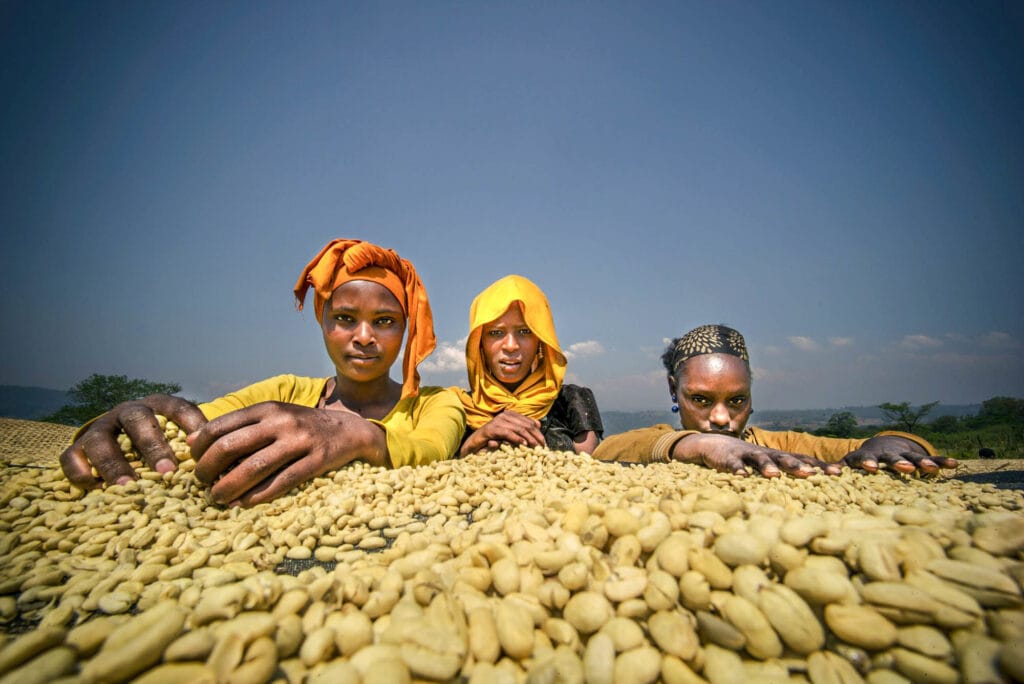Ethiopian coffee growers, long celebrated for producing some of the world’s finest beans, are racing against time to meet new European Union regulations that threaten to upend their livelihoods.
Starting from December 31, coffee exported to the EU must be backed by detailed geolocation data to prove it was not grown on recently deforested land. Farmers who fail to comply risk losing access to Europe, the world’s largest coffee consumer.
While the E.U. says the measure aims to combat deforestation and promote sustainability, many African farmers say they are being forced to carry an unfair burden — despite contributing the least to global environmental degradation.
“We know the value of protecting our land and trees,” said Dejene Dadi, head of the Oromia Coffee Farmers Cooperative Union, which represents over half a million Ethiopian farmers. “But this new rule is expensive, complicated, and we are left to deal with it alone.”
Mapping farms — a requirement under the new law — costs about $4.50 per plot. Trainers funded by international organizations have helped map around 24,000 farms so far, but millions more remain undocumented. Without massive new support, leaders like Dadi fear many small-scale farmers will be shut out of Europe’s lucrative market.
Critics argue that the E.U.’s approach once again shifts the costs of Western environmental ambitions onto the shoulders of rural African communities. “The farmers are not the ones driving deforestation globally,” said Jodie Keane, a trade economist. “Yet they are the ones who must scramble, spend money, and risk exclusion while European corporations continue to profit.”
Farmers like Zinabu Abadura in the Jimma Highlands, who already preserve trees through traditional practices, say they have little means to adapt at short notice. “Life will be difficult,” Abadura warned, adding that most farmers in his region still await mapping.
Despite the hurdles, giving up on Europe is not an option for many cooperatives. The Sidama Coffee Union, which represents 70,000 farmers, stresses that Ethiopia’s distinctive varieties, such as Sidamo, are prized in Europe and command premium prices.
“We need the E.U. market — but they also need our coffee,” said Tsegaye Anebo, head of the union. “You cannot find the flavor of Sidamo anywhere else.”
The European Union has pledged around €86 million to support compliance efforts across several sectors. Yet many experts believe it falls far short of the investment needed to genuinely empower African farmers, especially when compared to the profits European brands reap from African coffee.
In the meantime, alternative markets like China are emerging, offering less rigid demands. However, many farmers say they hope Europe will reconsider its approach, offering fairer partnerships rather than imposing rules from afar.
For Ethiopia, coffee is more than just a cash crop — it’s part of the nation’s culture, identity, and pride. But under new E.U. standards, it could also become another arena where African farmers pay the price for decisions made elsewhere.



